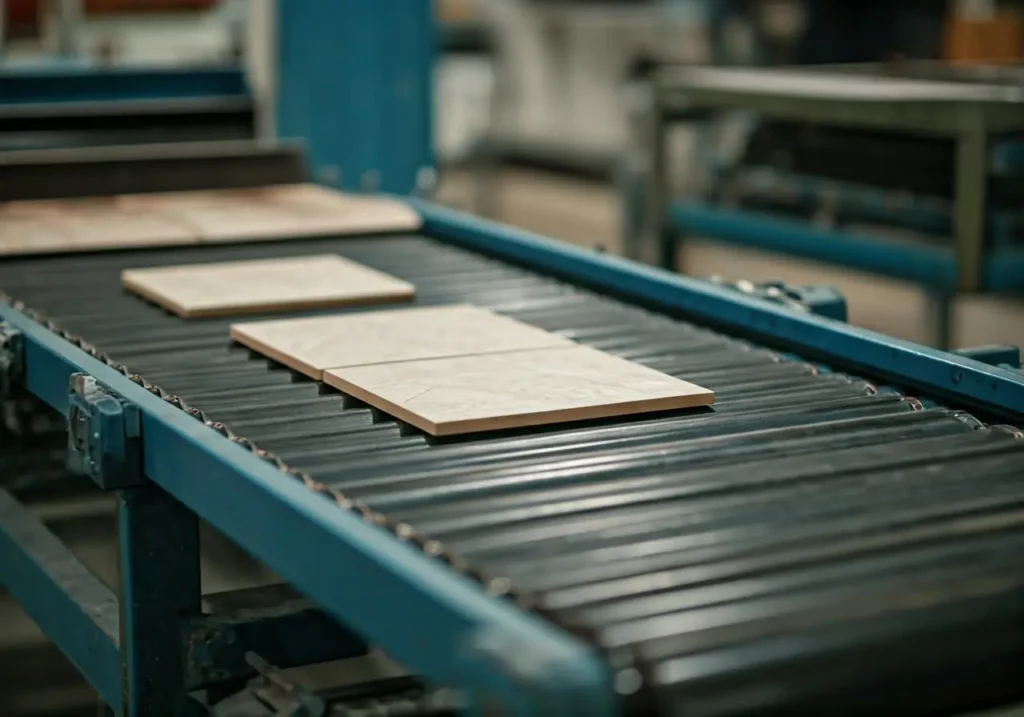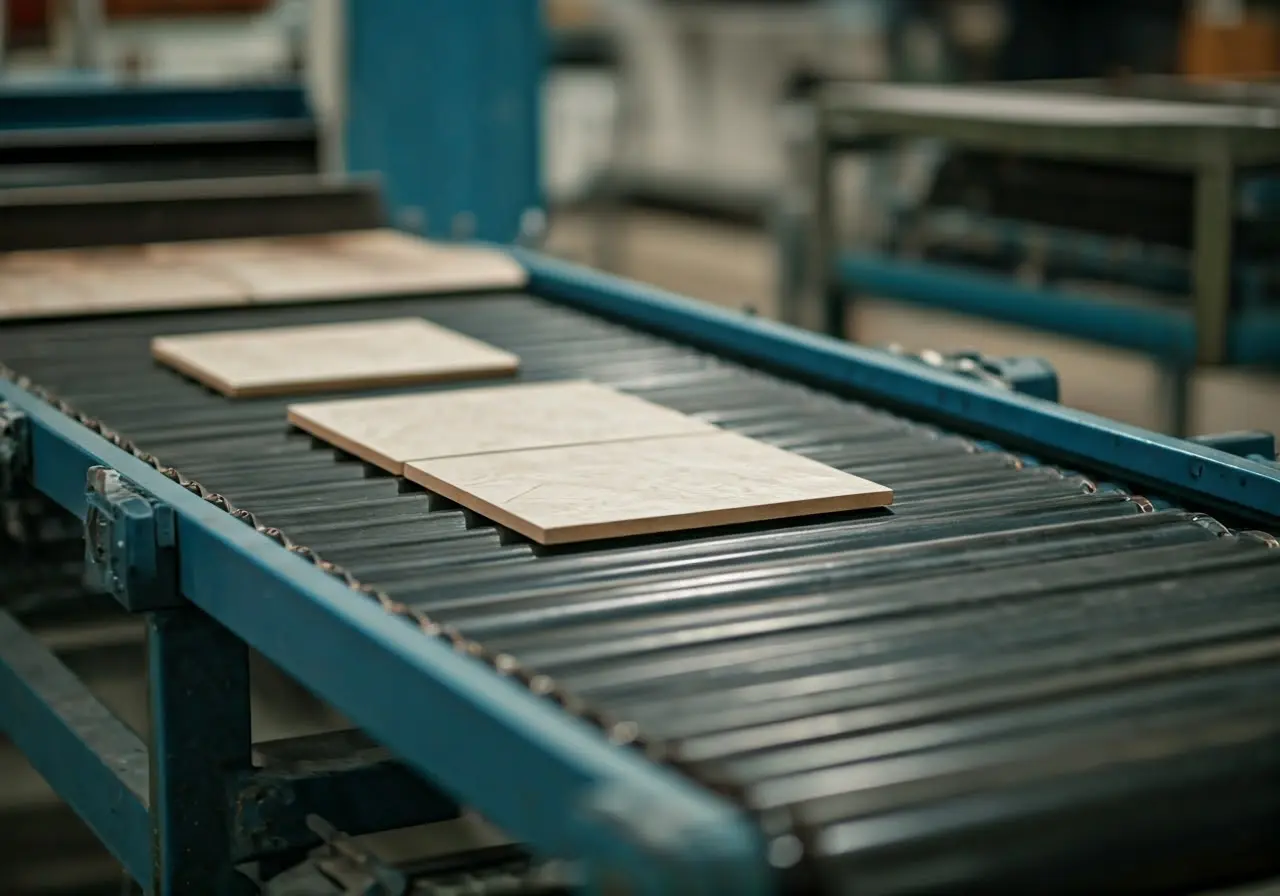Tile manufacturers have a crucial responsibility in ensuring that their products meet quality standards and satisfy customer expectations. Proper quality control processes are essential to maintain consistency, safety, and reliability in tile production. Let’s explore how manufacturers achieve this through various strategies.
Importance of Quality Control in Tile Manufacturing
Quality control is the backbone of tile manufacturing, ensuring that every tile produced meets the necessary standards for functionality and aesthetics. Without it, manufacturers risk producing tiles that are prone to defects and failures. The importance of stringent quality control can’t be overstated, as it directly impacts the durability and appeal of the finished products, which in turn affects consumer satisfaction and brand reputation.
Manufacturers invest heavily in quality control measures to prevent defects that could lead to costly recalls or replacements. Effective quality control protocols enable manufacturers to catch issues early in the process, saving time and resources Understanding the Quality Inspection Process of Ceramic Tiles at a VIS Company.
Raw Material Selection and Inspection
The quality control process begins with the careful selection and inspection of raw materials. Manufacturers evaluate sources and properties of materials to ensure they meet predefined standards before entering the production line. This step is crucial because the quality and consistency of raw materials greatly influence the final product’s durability and appearance.
To maintain consistency, tile manufacturers often engage in partnerships with suppliers that guarantee high-quality materials. By doing so, they reduce variability in production and enhance the reliability of the end products, ensuring they stand up to industry standards like those discussed in Porcelain Tile Marteu.
Advanced Manufacturing Technology
Leveraging modern manufacturing technologies is crucial for consistent quality. Automated systems and precision machinery contribute to accurate production processes, reducing errors and defects. These technologies allow for precise control over each stage of production, from shaping and glazing to firing and finishing.
Innovative technologies, such as computer-aided design (CAD) and robotic systems, help in achieving consistency and precision that manual processes can’t offer How Technology is Revolutionizing Importing. This technological edge also enhances production rates and ensures that large batches of tiles maintain uniform quality across the board.
Frequent Testing and Quality Checks
Throughout the production process, multiple tests and inspections are conducted. These include strength tests, thermal tolerance, and surface finish evaluations to ensure each tile can withstand everyday use and environmental conditions. Regular testing not only ensures compliance with safety standards but also highlights the product’s ability to endure high-stress environments, such as commercial kitchens or industrial facilities.
A comprehensive inspection regimen can involve post-production checks, like the Porcelain Enamel Institute (PEI) rating for wear resistance, which guides the tile’s suitability for various applications and environments How Porcelain Tile Quality is Measured Marteu.
Incorporating quality checks at various stages allows manufacturers to address any discrepancies immediately, reducing the likelihood of faulty products reaching the consumer market. This helps preserve brand integrity and fosters consumer trust in the long run.
Continuous Improvement and Feedback
Manufacturers encourage feedback from clients and stakeholders to identify areas for improvement. Continuous quality reviews and updates to manufacturing processes are essential for adapting to new standards and market demands. Feedback loops are integral to maintaining and elevating product quality.
By actively seeking customer feedback, manufacturers are able to make necessary adjustments and innovations, ensuring that their products stay competitive and meet the ever-evolving needs and expectations of the consumer Transform Your Space with Porcelain Tile Flooring.
Adapting to feedback and trends ensures that tile manufacturers do not become complacent but continue to push for excellence, creating tiles that are not just products but also pieces of art that stand the test of time both functionally and aesthetically.
Ensuring Quality in Every Tile
In conclusion, tile manufacturers rely on a comprehensive quality control framework that involves strict material selection, advanced technology, meticulous testing, and continuous improvement. These measures help ensure that tiles are not only visually appealing but also durable and safe for use in various settings.


